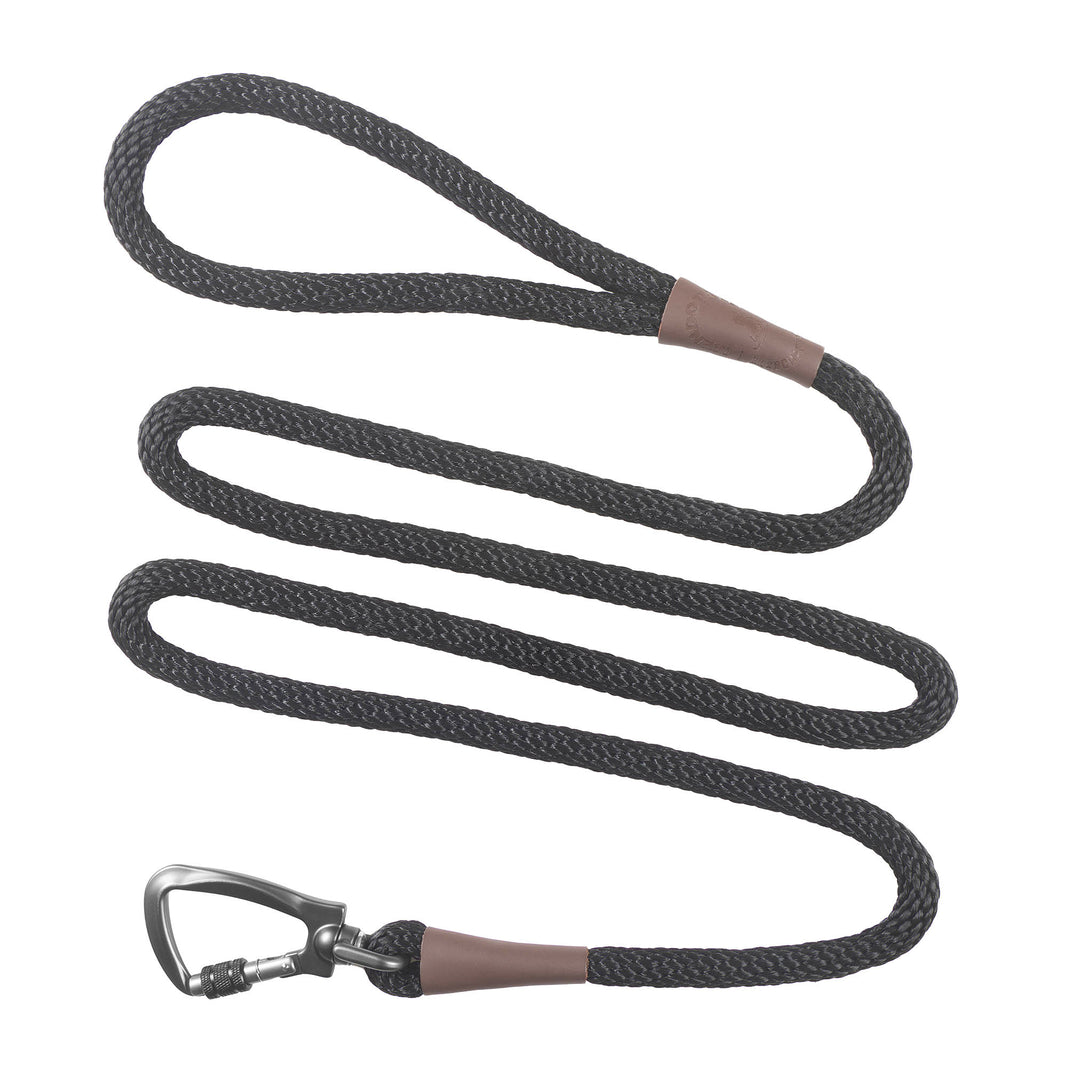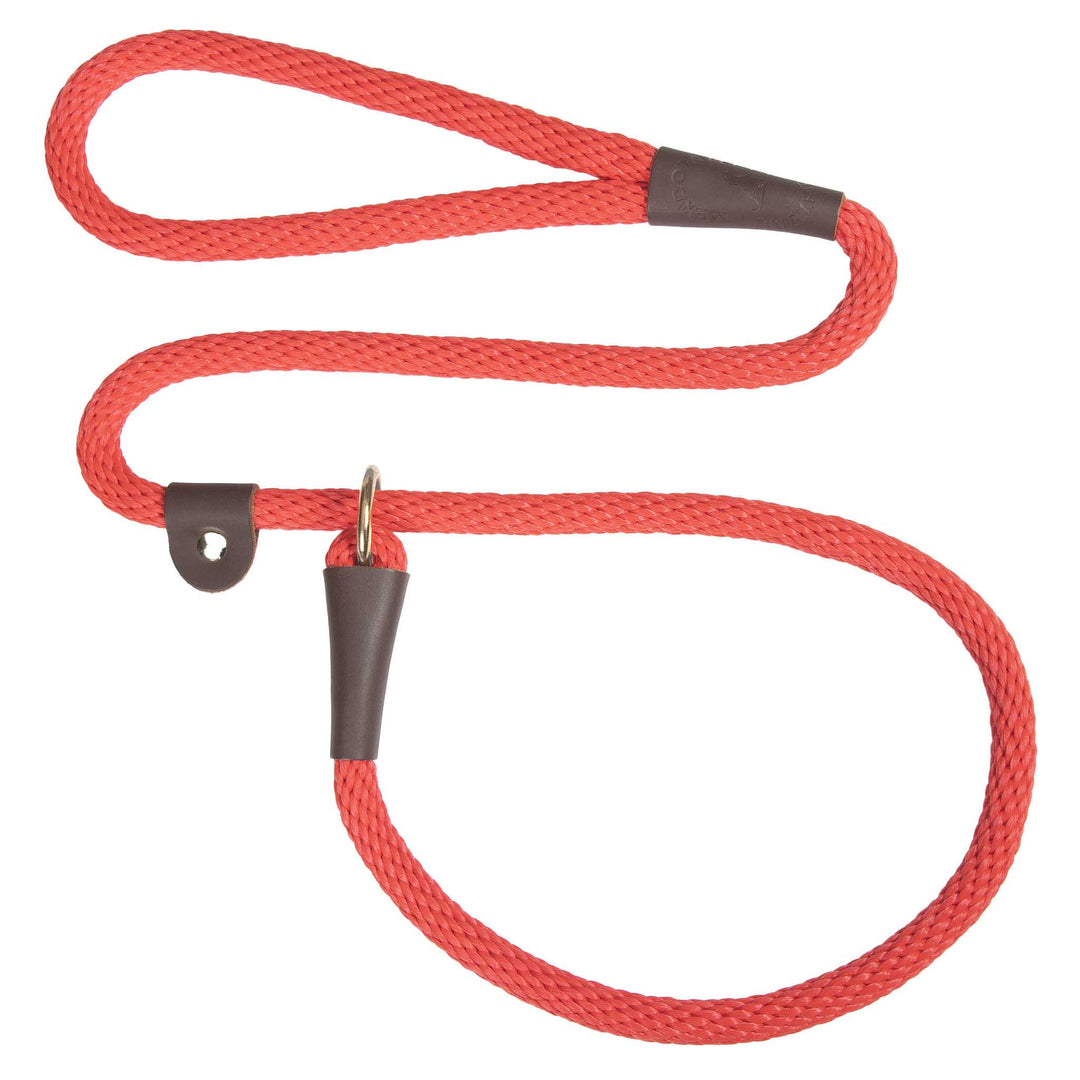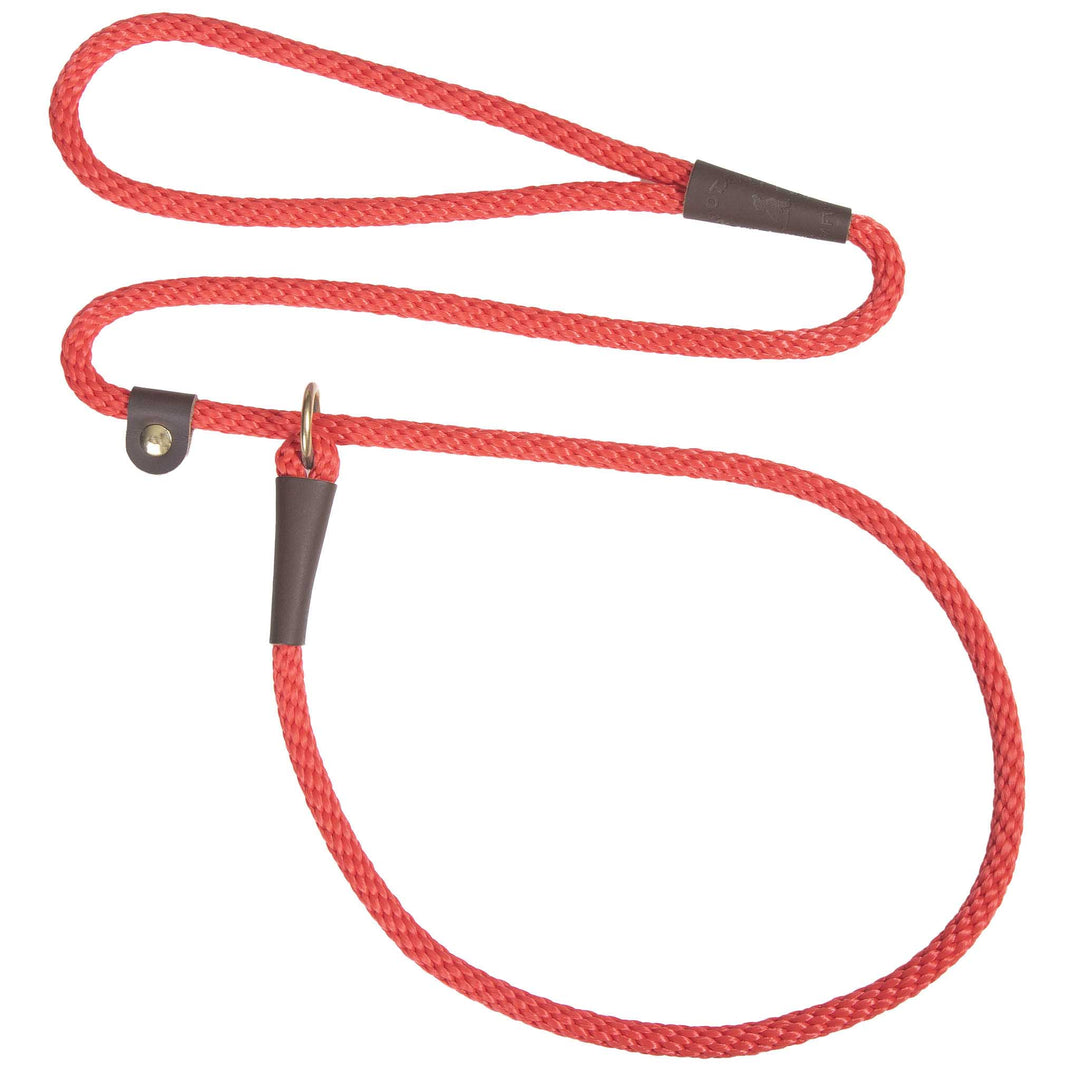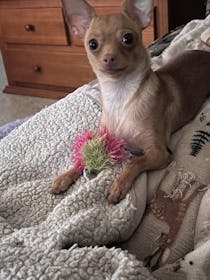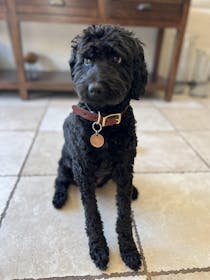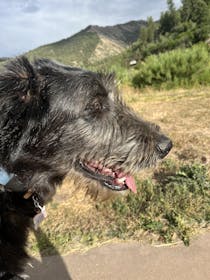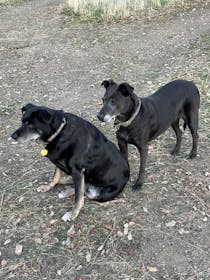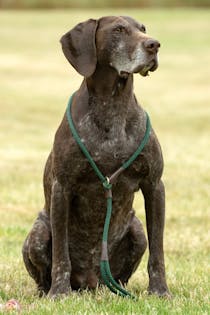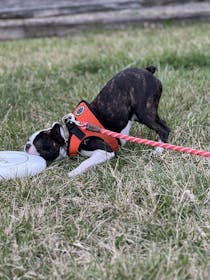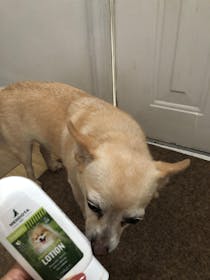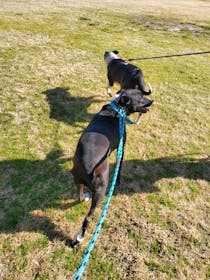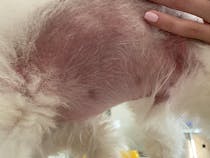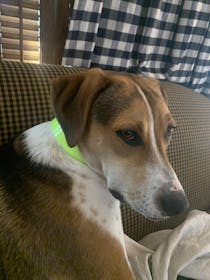Are Essential Oils Safe for Your Dog?
In this day and age, as we as a society are becoming more health-conscious and conscientious of what goes into or onto our bodies, the appeal of essential oils are undeniable. They’re all-natural, so there are no chemicals to worry about, and they have a wide variety of applications; peppermint oil, diluted and rubbed on the muscles, can relieve aches and pains. A dilution of tea tree oil can be rubbed on the hair to deter lice.
People use them every day as a safe, natural, healthy alternative…but are they safe for man’s best friend? Not necessarily. Unfortunately, some essential oils can not only impact your dog’s health, but may cost them their life.
What are Essential oils?
They’re the oil of the respective plant, containing the compounds which gives them their distinct aroma and taste. They’re found and extracted from all parts of the plant, be it the root, stem, seed, nuts or leaves.
Which ones are Dangerous?
The answer may surprise you: the oils of cinnamon, citrus, pennyroyal, pine, wintergreen and tea tree number among the most dangerous and most toxic for our furry friends. Even the smallest amount of these oils, if ingested or rubbed on their skin, can cause harm.
Ingesting cinnamon oil will lower your dog’s blood sugar, and potentially lead to liver disease, vomiting, diarrhea and changes in heart rate
Citrus oil is a great insect repellent for people, but in dogs can cause poisoning, liver toxicity, liver failure or liver damage.
Pennyroyal, another human insect repellent, is sometimes used by unsuspecting dog owners trying to treat or prevent flea infestation. But ingestion or skin contact can cause bloody vomit and diarrhea, lethargy and death due to liver failure.
Pine oil, besides being used as a disinfectant, deodorizer, and household cleaning product, is said to benefit us in many ways: to increase circulation, as an anti-inflammatory aid, and as relief of aches and pains in sore joints and muscles. Fido doesn’t reap those benefits however; ingestion or skin contact can result in drooling, diarrhea, bloody vomit, and odd gait. It not only affects the liver but also can cause damage to the central nervous system and kidneys.
Wintergreen contains a compound we commonly know as aspirin. The oil and scent can even find its way into your holiday candles, and is used topically for aches and pains. Dogs can show signs of aspirin toxicity, and it can cause vomiting, ulcers, and potentially, liver and kidney failure.
Tea Tree Oil is the most common offender – however, this only goes for concentrated tea tree oil, as the low amounts in dog shampoos are safe. Either ingestion or skin contact with concentrated tea tree oil can cause depression, odd gait, vomiting, low body temperature, and paralysis of the hind legs.
What You Can Do if Your Dog Has Come into Contact with those Essential Oils
Veterinary assistance is always recommended, and often paramount in ensuring your dog’s safety – it’s best to get your dog to a vet the moment you notice any symptoms or suspect your dog has come into contact or ingested oils. Pet Poison Control may also be able to offer assistance. If you’re in the US, or in the state of Minnesota, the Pet Poison Helpline can be reached at (855) 764-7661, info@petpoisonhelpline.com, or at their physical location.
How You can Keep Your Pet Safe
The first step to keeping your pet safe is checking any and all cleaning products for the offending oils, and contacting your vet to ask about the safety of any essential oils you own or buy. Your vet will be your best direct source on what is safe or unsafe for your furry pal.
If you own an atomizer or diffuser, consider putting it away and ceasing use – not only are aerosolized essential oils dangerous for your dog’s lungs, but will also harm cats and kill birds. In their gaseous form, oils cause irritation and inflammation of the lung lining, and can give our pet pals a hard time and a lot of breathing issues.
Remember, it’s never wrong to ask if you’re unsure! It’s always better to be safe than sorry.
Thanks to:
Photo by Isabela Kronemberger on Unsplash
Pet Poison Helpline


